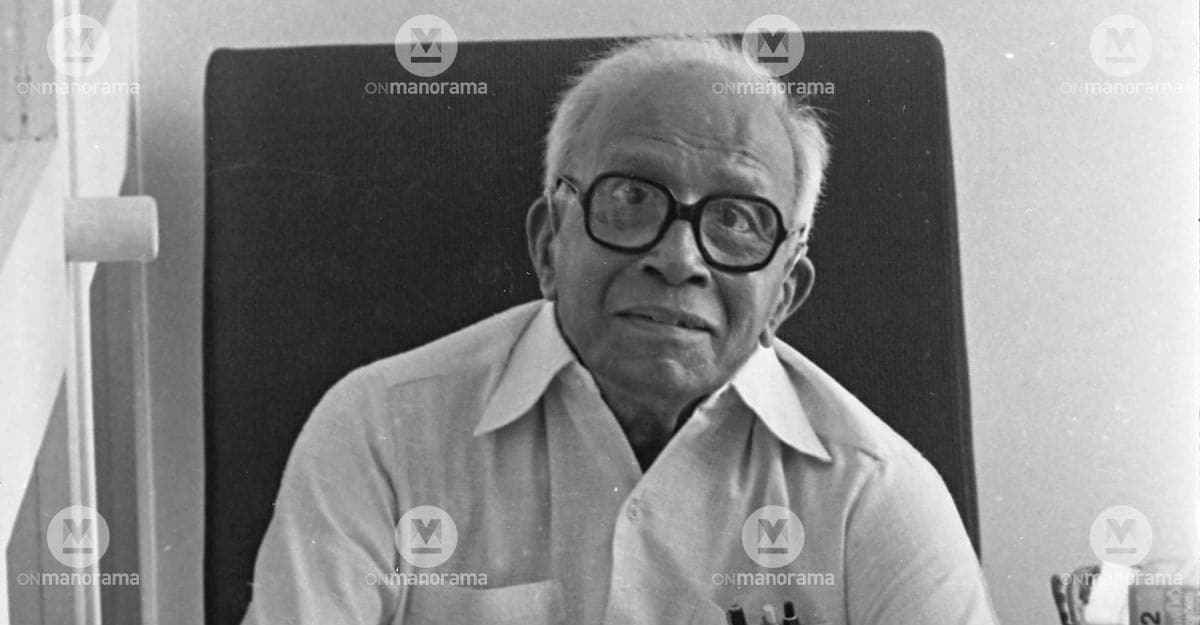Why Marx, Lenin and EMS would approve of CPM leader MV Govindan's Sabarimala dialectics

Mail This Article
(This story was originally published on February 9, 2021 when M V Govindan's remarks on dialectical materialism triggered a controversy. We are republishing it in the context of his appointment as the CPM state secretary.)
The average apparatchik's tendency to ignore the faithful is born out of a superficial reading of Marxian theory. It is like someone reading the Bhagavad Gita and concluding that there is nothing wrong in backstabbing your opponent. The Marxian theory, like the Gita, is a lot more nuanced.
This is why CPM central committee member M V Govindan made sense when he said dialectical materialism could not be taken forward by casting aside the faithful and God beliefs that are at the root of faith, especially in a country like India where feudal oppression still reigns supreme.
He might have said this to give an ideological basis to the CPM's tactical shift in the Sabarimala strategy but he still would have got Karl Marx's approval.
Dialectical materialism, as Marx and Engels saw it, does not shun spiritualism. It is just that these philosophers looked at it from a material point of view. They understood religion as a reaction to material events, not as something that created man and the material world.

Better still, they view the conditions that lead to faith with great sympathy. They theorize that religion is an illusion summoned up by the wounded mind to escape the reality of an oppressed existence. In his work 'Critique of Hegel's Philosophy of Right', Marx even says that religion is a protest against real suffering.
This is also where Marx's famous quote, 'Religion is the opium of the masses', comes in. He did not mean it like it was evil, like narcotics, but like it was a placebo or an analgesic that could offer only temporary or illusory relief from pain.
What EMS told Church leaders
India's tallest Marxist theoretician and practitioner E M Sankaran Namboodirippad himself had, while addressing Church leaders in 1995, said this Marxian quote was used by haters of the Marxian ideology to spread the misconception that Marxism was against religion. "It was towards the end of a long description of how religion offered support to the weak and the helpless that Marx observed that religion was the opium of the masses," EMS said.

At worst, the Marxists see religion as the expression of a weak mind, like some sort of a mental psychosis. But they were never blind to religion, or the conditions that caused it.
In this sense, it was theoretically right for a top CPM leader like M V Govindan to acknowledge the concerns of the faithful, and for others like politburo members S Ramachandran Pillai and M A Baby to second him. Even Chief Minister Pinarayi Vijayan, though grudgingly, said that his government would hold discussions with all sections of people before implementing the Sabarimala verdict of the larger bench of the Supreme Court.
In line with Lenin
In fact, M V Govindan was echoing Vladimir Lenin when he said both believers and unbelievers should be brought together. Lenin considered stupid the notion that religion could be wished away by mere Marxist propaganda.

He, like Marx, said religion was the byproduct of oppression and, therefore, should be understood. In other words, just because someone is religious does not mean that they should not be enlisted in the fight against the forces of capitalism.
In his essay 'Socialism and Religion', Lenin wrote: "Unity in this really revolutionary struggle of the oppressed class for the creation of a paradise on earth is more important to us than unity of proletarian opinion on paradise in heaven."
Put simply, you don't have to agree on religion to come together for the creation of 'paradise on earth'.
This is precisely what M V Govindan said. The only surprise is why the CPM ignored this basic essence of Marxian thought when the Supreme Court pronounced its Sabarimala women's entry verdict in September 2018.


